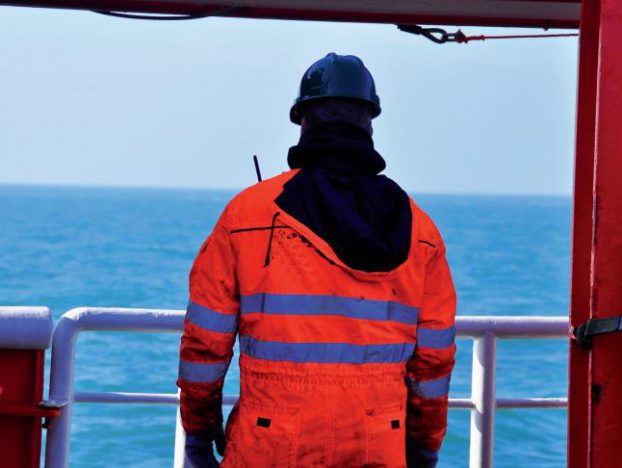
By the time Shemar Castell finalized his preparation in mid-March for the yearly work and travel programme in the United States (US), businesses worldwide were shutting down because of the coronavirus pandemic, disrupting the academic journey for millions of college students. But Castell, a 21-year-old student specializing in customs processes, freight forwarding and immigration at the Caribbean Maritime University, is no stranger to turning adversity into advantage.
Standing on the boardwalk along the Palisadoes Road, he recounted other setbacks he has overcame in his lifetime – monetary restraints, grief, and peer pressure. “I am known for my resilience ever since I was young,” he explained. Castell spent his early years in Seaforth St. Thomas, before moving into the corporate area for school.
“I moved to Kingston relatively early — I would say my life has been characterized by movement from various households. As a result, I attended three basic schools, three primary schools and a college before settling at the CMU, ” he shared.
However, with the new academic year less than one month away, Castell is focused for now on managing the day-to-day operation of his family business—Laundry Bucket an in-home pickup and drop-off laundry and dry-cleaning service.
“The business has been doing good so far. We have had a lot of repeat customers and we plan to expand our services to Mandeville and Montego Bay soon, ” he told us. ‘It was actually my uncle, Javette Nixon, who came up with the business idea and shared it with me. I was excited to be a part of it,’ he said.
And with university students around the island looking for ways to cope financially with the coronavirus pandemic, even as they fill out paperwork for student loan funds. While others, are adapting their business models and innovative ideas so that they can earn an income.
“Everyone was looking forward to the summer, ” he shared. But noted that the financial setbacks that accompanied the coronavirus, ‘has filled students with uncertainties in relation to our academic future.’
But with the fees under revision by the University Council, he is hopeful that there will be a reduction come September. “A lot of us [CMU students] are remaining optimistic that we may see a slight reduction in the fees prior to the start of the new academic year mainly because classes are now online, ” he expressed. “So, one would expect at least a reduction in the auxiliary fees.
He hinted that he is not a big fan of online learning, however, admitted that it presents a unique opportunity “to explore other online ventures while attending classes while observing the stay-at-home orders by the government. ”
For Castell, coronavirus was a catalyst for entrepreneurship.
“I am now seeing a lot of students creating new business ventures whether online or face-to-face. Personally, I want to implore students to be innovative, and instead of focusing on the problem, create solutions that can earn you an income and solve real-life challenges, ” he advised.




Recent Comments